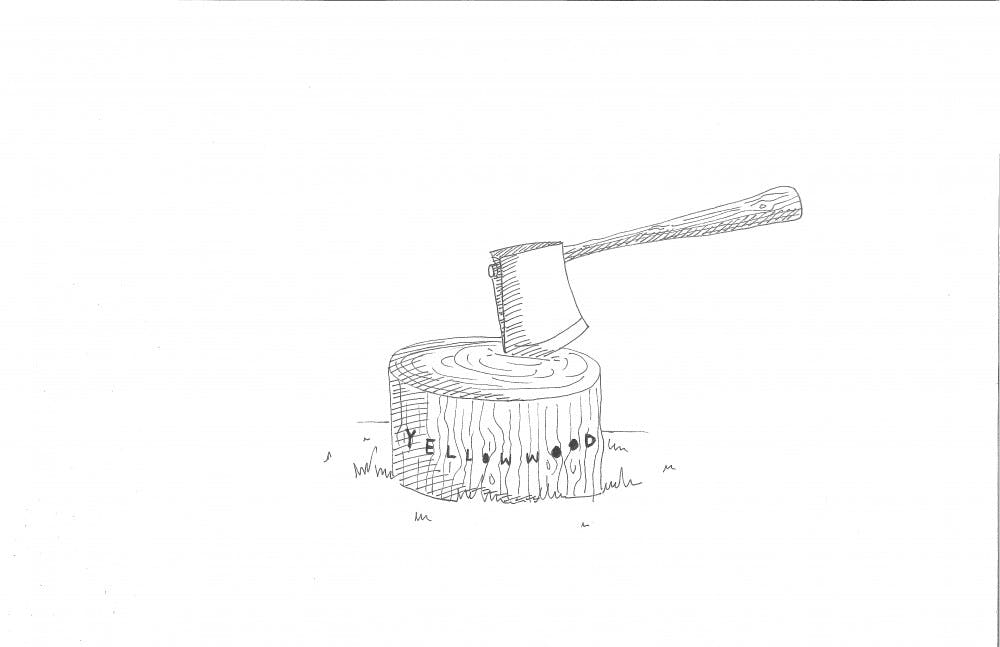Does a forest grow best on its own or with human interference? This question is at the heart of the Indiana Department of Natural Resources’ recent timber sale, which as of Nov. 9 will allow the logging of nearly 300 acres in the back country Area of the Yellowwood State Forest.
Two hundred twenty-eight scientists and environmental experts across the state submitted an evaluation and expressed their concerns about the sale in a Nov. 2 letter to Gov. Eric Holcomb.
The Editorial Board believes the execution of the scheduled logging does not match any reasonable justifications the DNR might have.
DNR officials have not released a clear statement explaining the motivation behind this specific sale, but assessment of their mission and previous statements suggests the logging will be part of the department’s “well-researched and thoughtful plan for this and all healthy forestry management practices,” according to an email from Holcomb’s press secretary to the Indianapolis Star.
As an element of forestry management, logging is intended to address issues of species distribution and tree overcrowding.
While opponents might think of logging as harmful, DNR’s Division of Forestry Director John Seifert told Indiana Public Media his team is “actually going in and planting after we harvest a site like this.”
The general idea is to plant underrepresented species and thereby restore the biodiversity extant in the 1800s before settlers cleared trees to create farmland.
The problem with applying this admittedly well-intended practice on Yellowwood’s back country, though, is that it disrupts the development of old growth forests. As the Nov. 2 letter outlines, old growth forests “host unique species such as soil fungi associated only with very old trees and vital to forest regeneration.”
Brown County resident and retired biology professor Leslie Bishop, who wrote the letter, said in a statement to the Indianapolis Star that the back country and its potential for old growth are vital to scientific monitoring of Yellowwood.
“You need that area,” Bishop said. “It’s like a control. What would be happening if we were not altering this habitat?”
The timber sale also betrays the DNR’s original promises in 1981 to preserve the area and create a “primitive-type experience in Indiana.”
While logging may generally be used as a proactive conservation effort to help forests succeed, the Editorial Board does not believe the back country area should be logged.
Although the timber has already been sold to Hamilton Logging, Inc., the trees’ fate might not be sealed just yet.
Bobby R. Bartlet, president of hardwood furniture company Castlewood, has offered to pay the DNR $150,000 to preserve the trees marked for logging for 100 years.
Bartlet hopes to arrange a meeting with Gov. Holcomb to convince him to negate the contract with Hamilton Logging and accept the preservation offer instead.
The Editorial Board believes the Yellowwood timber sale was ecologically irresponsible and logically unfounded. We extend our full support to Bartlet and urge Gov. Holcomb to accept the preservation offer before a precious ecosystem is destroyed.
As Professor Emerita Bishop wrote in her letter, “a forest is more than trees for timber.”




